Democracy-minute
-

Social Security Numbers: The Evolution of Data Insecurity
By Sarah Igo, Andrew Jackson Professor of History at Vanderbilt University Since the first Social Security numbers were issued in 1936, Americans’ relationship to their unique nine digits has charted shifting attitudes toward the federal government. The federal government has long relied on aggregate as well as individual data… Read MoreJun. 14, 2022
-
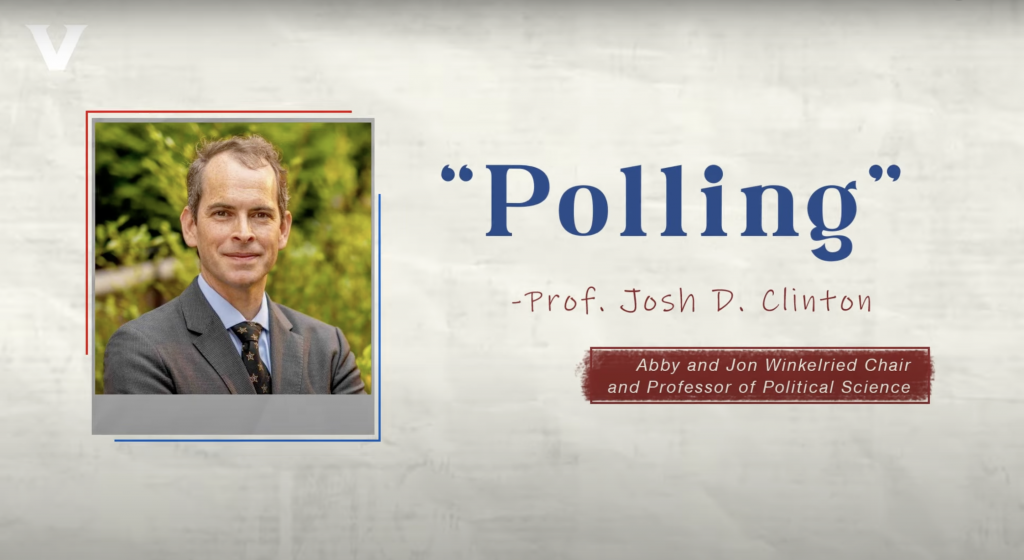
Not All Polls Are Created Equal
by Joshua D. Clinton, Abby and Jon Winkelried Chair and Professor of Political Science All polls are not created equal. Pre-election polls designed to predict winners can be imprecise because they must figure out two things: First, who is going to vote, and second, who those… Read MoreMay. 19, 2022
-
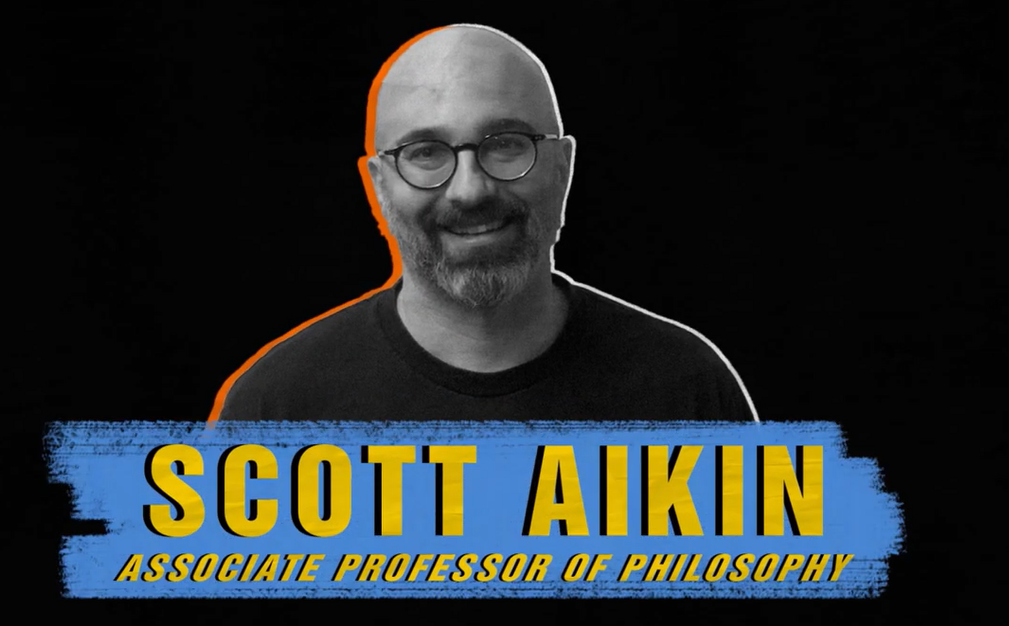
Straw Man Arguments in Political Debates
Employing straw man arguments in political debates signals we are not taking an opposing point of view and their reasons seriously because we misrepresented them from the outset.” Vanderbilt University’s Scott Aikin details the faults of a straw man argument in our most recent Democracy Minute. About the author:… Read MoreApr. 6, 2022
-
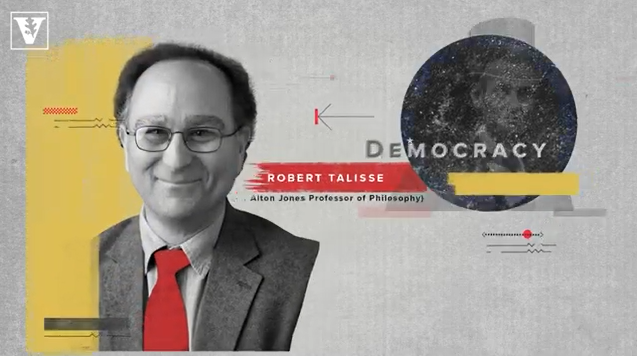
Overdoing Democracy: When Politics Saturates Our Lives, Civic Capacity Suffers
Robert Talisse This video essay, Overdoing Democracy: When Politics Saturates Our Lives, Civic Capacity Suffers, is brought to you by the Vanderbilt Project on Unity & American Democracy. Written and edited by Robert Talisse. Robert Talisse is the W. Alton Jones Professor of Philosophy at Vanderbilt University and author… Read MoreJan. 27, 2022
-
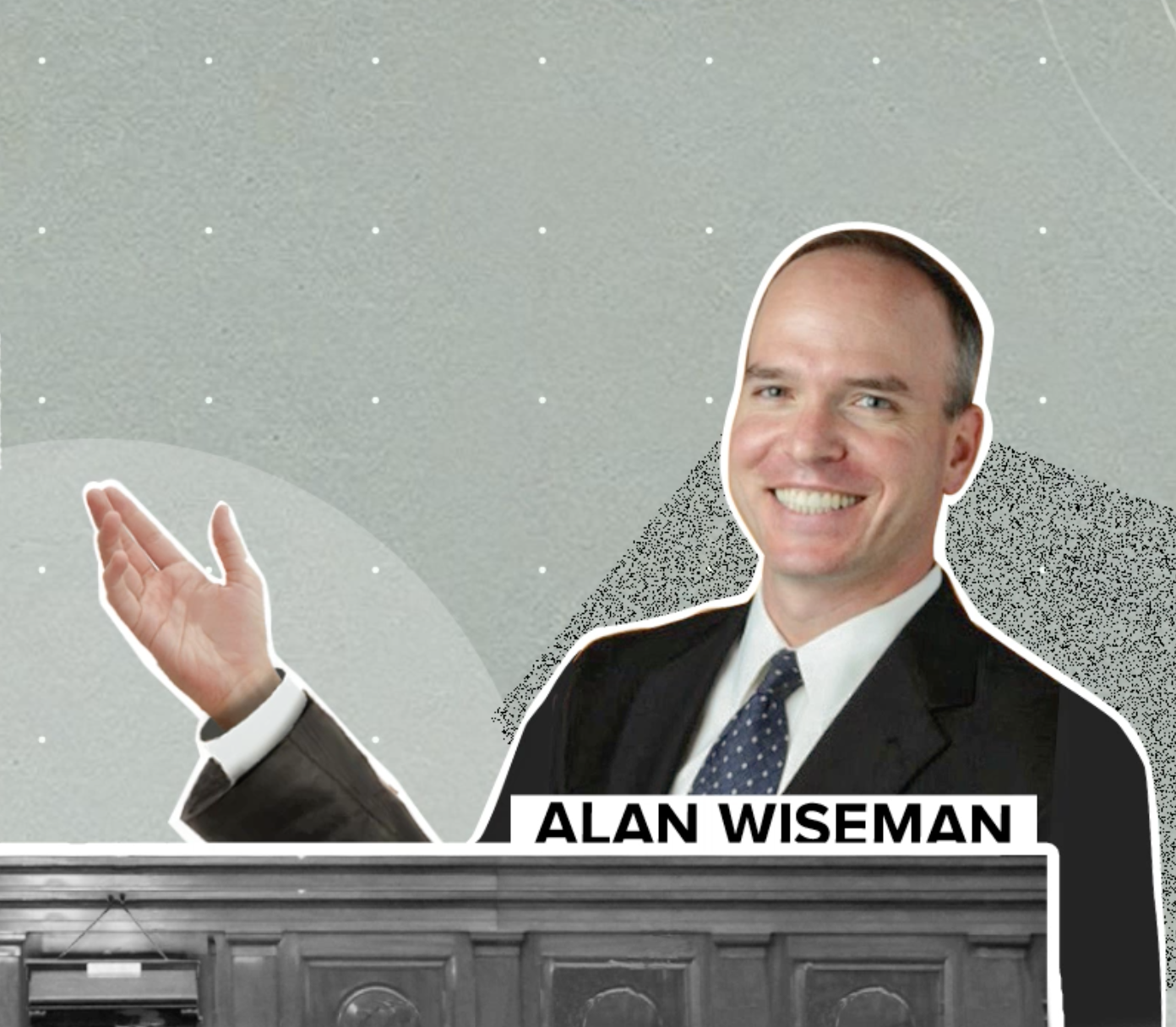
Effective Lawmaking: How Power Has Shifted in the Last Quarter Century
Alan Wiseman on Effective Lawmaking There are 535 members of Congress who attempt to pass legislation on behalf of their constituents. However, not all members have the same chance at passing laws, with much of the true power held in the hands of the few. Until the 1990s, House committee… Read MoreJan. 19, 2022
-
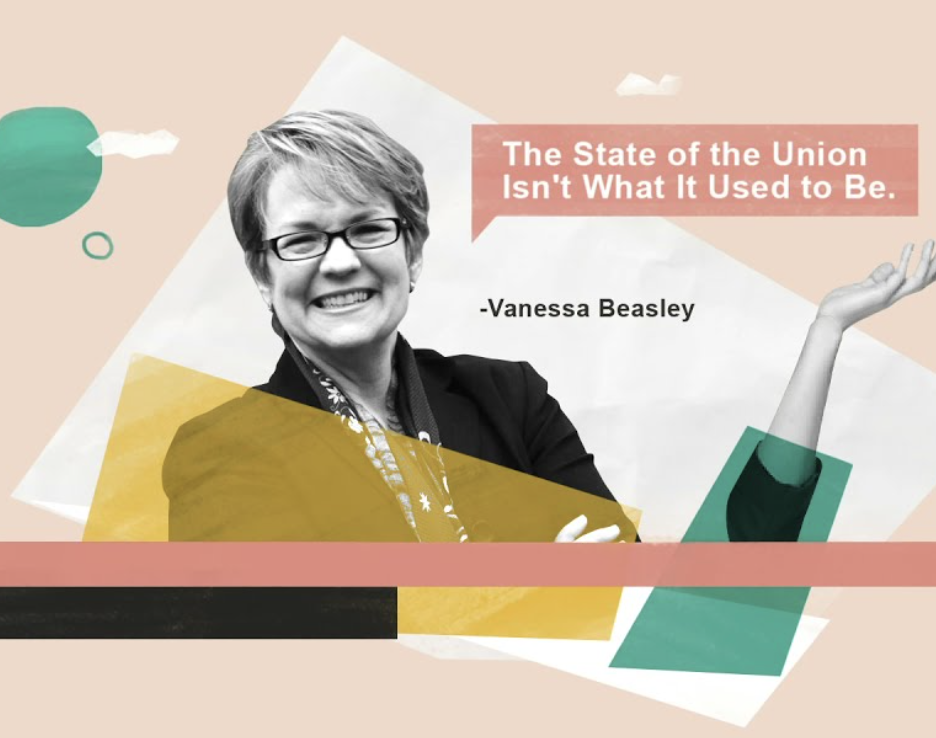
The “State of the Union” Isn’t what It Used to Be
The Constitution requires a president to deliver an annual message to Congress, but it does not impose any specifications. As the history of this paramount speech has evolved over 200 years, the presidents’ words matter, but increasingly theatrics and Congress’ response influence the American people’s perception of leadership. Unlike the oath of office, which remains unaltered since its drafting by the founders, the style, substance and schedule of this annual tradition continues to evolve. As Biden prepares to address Congress, visual cues from attendees may provide more clues than the speech’s text about the trajectory of the Biden Administration’s relationship with Congress. Read MoreApr. 26, 2021
-

The Republic of the Inattentive
Despite conventional wisdom, behavioral evidence repeatedly suggests that most Americans are not avid consumers of political news. Instead, they are spending an astounding amount of time engaging with entertainment media. It is time to face the extent to which politics and non-political media consumption are closely intertwined. The role of ‘The Apprentice’ in the rise of President Trump is one such example. Going forward, politicians need to rewrite the standard political playbook to reach an inattentive public. Read MoreApr. 5, 2021